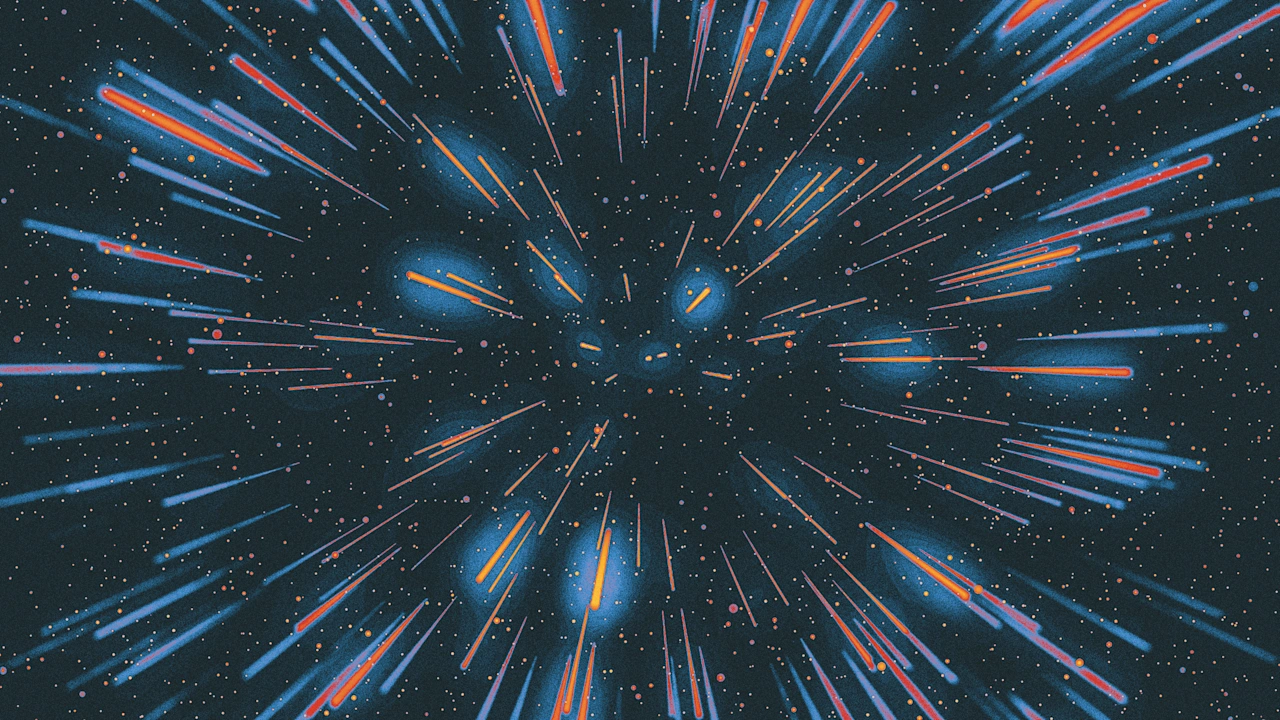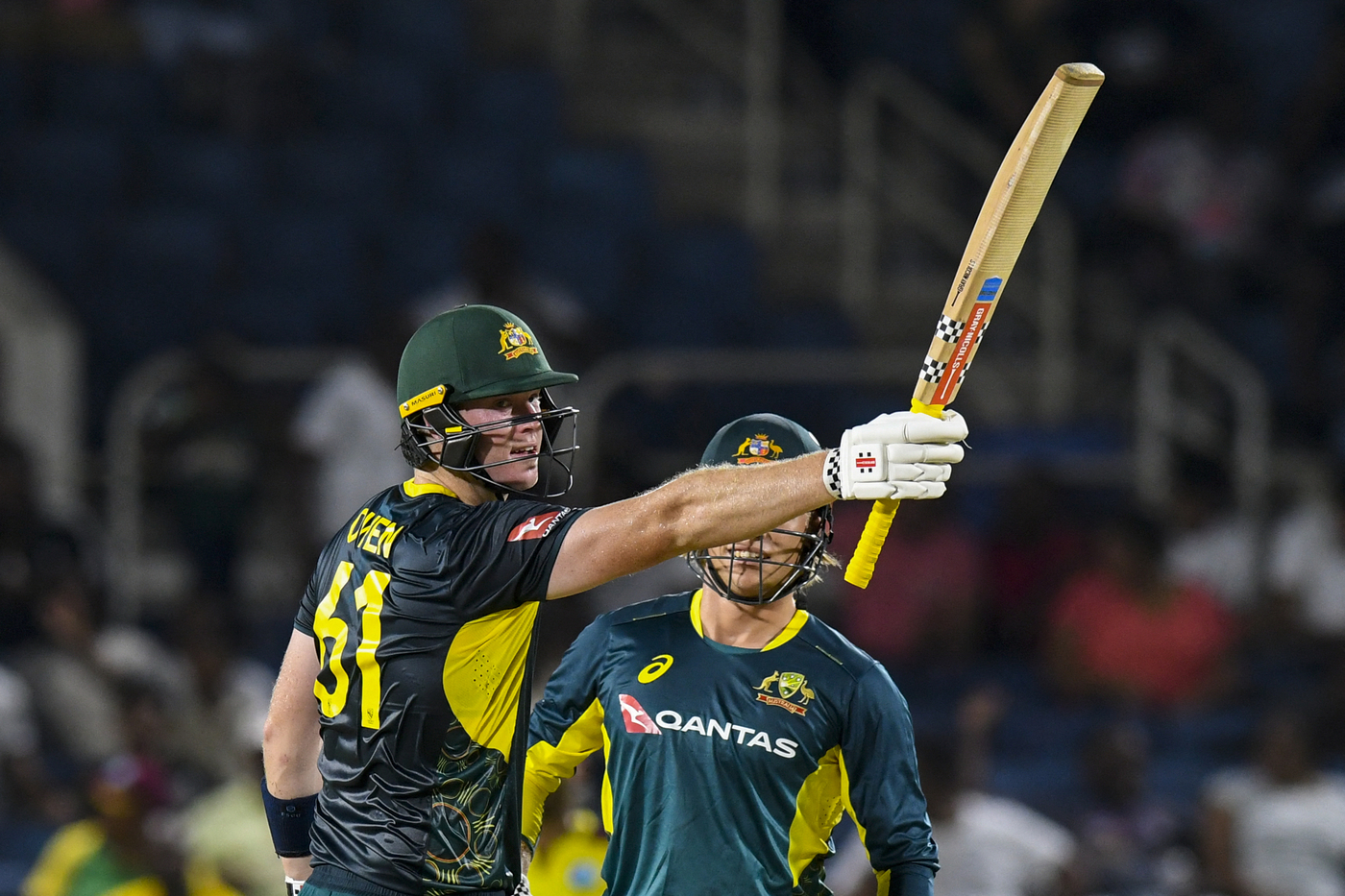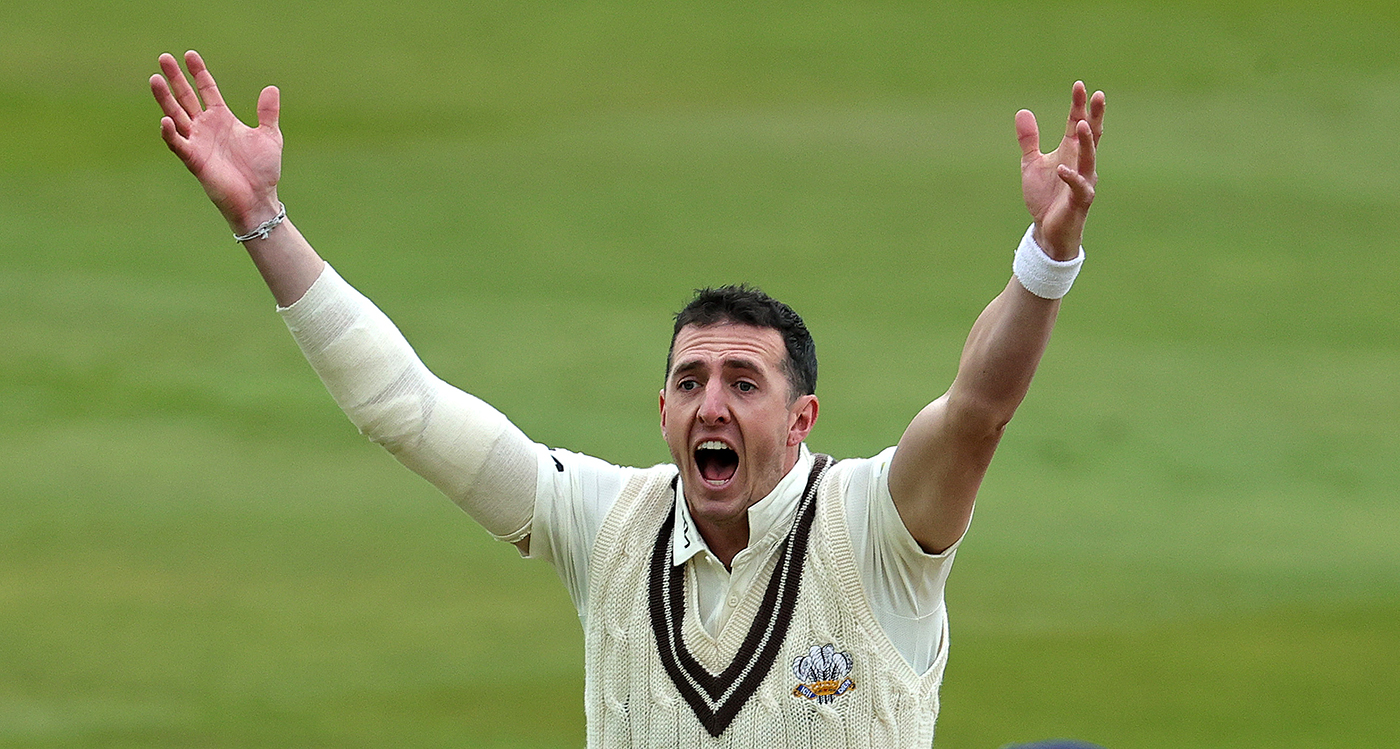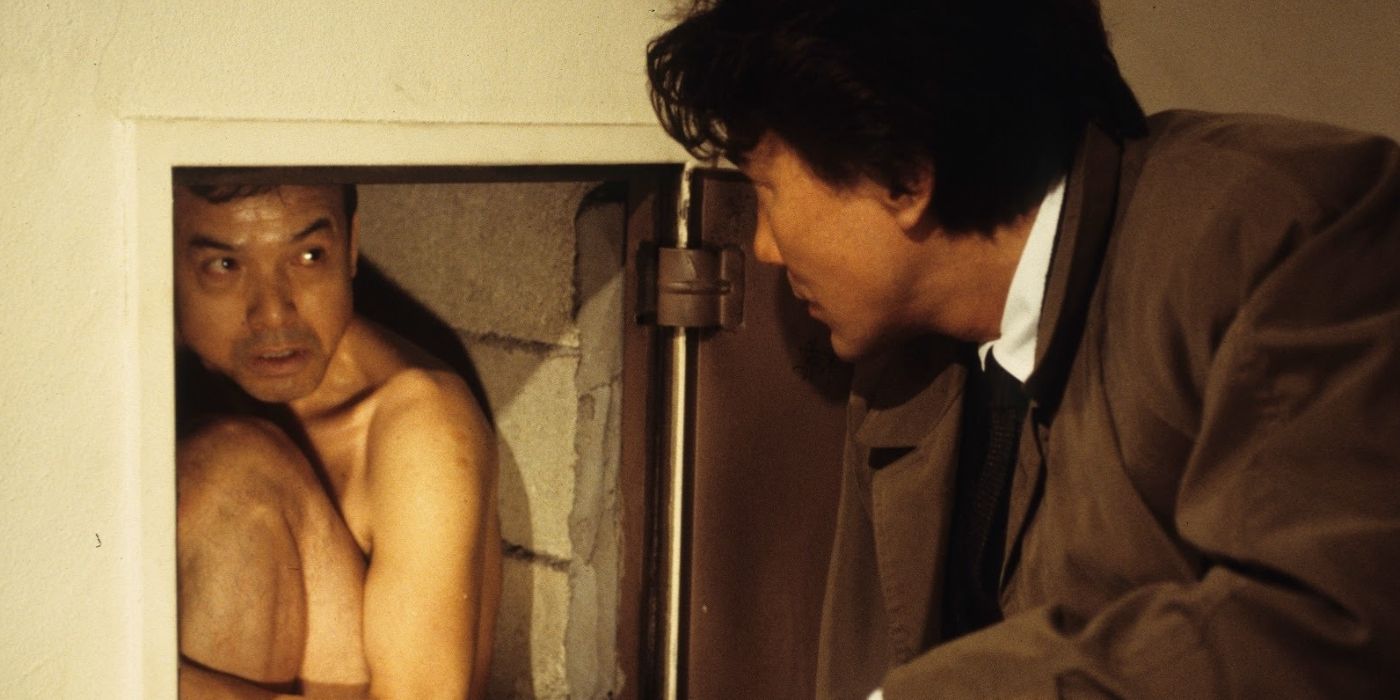Twin meteor showers will light up the July sky: Here’s when to catch shooting stars tonight ahead of the Perseids

This summer’s best evening light show is taking place tonight, so don’t forget to go outside and look up. Although the Perseid meteor shower doesn’t peak until next month, tonight is forecast to be the best time to view stars shoot across the night sky. Here’s why, and what to know about the upcoming meteor showers.
What is a meteor shower?
Meteor showers, or shooting stars, occur as Earth passes through the trail of dusty debris left by a comet, according to NASA. Meteor showers are usually named after a star or constellation close to where the meteors first appear.
What’s happening tonight?
Late each summer, the Perseids, and the lesser-known Delta Aquariids meteor showers appear. This year, they’re forecast to run steadily from late July through early August.
The first of the showers, the Southern Delta Aquariid and the Alpha Capricornids, are set to peak tonight, Tuesday, July 29, into tomorrow morning, Wednesday, July 30, according to the Associated Press.
Visibility should be good because the moon is only about a quarter full, and sky-watchers could see some 20 to 30 meteors per hour, astronomer Nick Moskovitz of the Lowell Observatory in Arizona told National Public Radio.
Perseid meteor shower set to peak in early August
Meanwhile, the Perseid meteor shower is forecast to peak on Tuesday, August 12 into Wednesday, August 13, right after a full moon, meaning bright moonlight will likely obscure the view at its peak.
NASA viewing tips for meteor showers
Our friends at NASA offer these general tips for watching meteor showers:
- Find a viewing spot away from city or street lights.
- Lie flat on your back with your feet facing east. You may want to bring a blanket or a lounge chair.
- Look up, taking in as much of the sky as possible. After about 30 minutes in the dark, your eyes will adapt and you will begin to see meteors.
- Be patient. The show could last awhile, so you have plenty of time to catch a glimpse.
What's Your Reaction?
 Like
0
Like
0
 Dislike
0
Dislike
0
 Love
0
Love
0
 Funny
0
Funny
0
 Angry
0
Angry
0
 Sad
0
Sad
0
 Wow
0
Wow
0



























































































